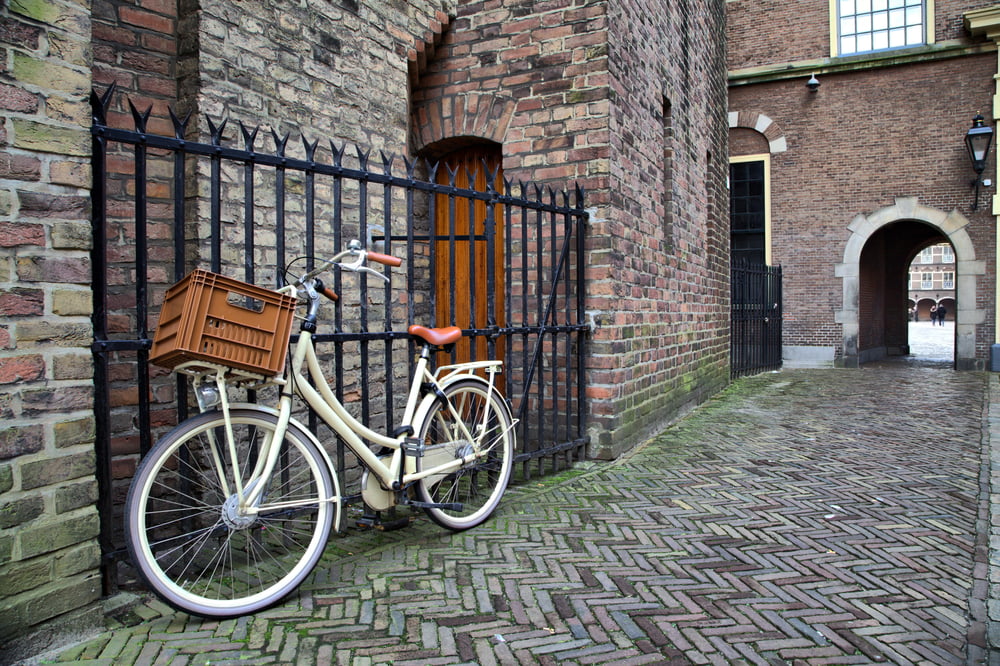The transition to a more sustainable, efficient and inclusive mobility system.
The Dutch polder model can contribute to a broad social discussion about the transition in mobility and finding a joint approach. The consultation model ensures that various stakeholders, such as governments, companies and civil society organisations, are involved in the process of change. This can contribute to broad support and acceptance of policy and measures.
The polder model can sometimes lead to certain groups having a disproportionate influence, which can lead to unequal treatment and inequality.
The transition in mobility also requires rapid and effective action to meet sustainability and climate goals. It may be that the consultative structure of the polder model does not always allow for the speed of decision making necessary to meet these goals. That is why it is important to find a balance between consultation and decisiveness.
transition
Achieving a transition in mobility requires cooperation between different stakeholders, such as governments, companies and civil society organisations, as well as investments and policies aimed at sustainability and innovation. It is an important part of wider efforts to combat climate change and improve air quality.

It is necessary to ensure that the different stakeholders have an equal opportunity to have their say in the decision-making process. The polder model can sometimes lead to certain groups having a disproportionate influence, which can lead to unequal treatment and inequality.
Instead of completely abolishing the polder model, it is important to strive for a balance between consultation and rapid decision-making, in which the public interest and equal treatment of stakeholders are paramount. By taking an inclusive approach and involving various stakeholders, we can shape the transition in mobility in an effective and sustainable way.
polder model
The Dutch polder model is often seen as an example of a successful consultation model and has led to a number of important reforms and measures in Dutch society over the years. The polder model is a consultation model in which employers, employees and the government work together to reach agreement on policy and measures. The model originated in the 1980s and 1990s and has contributed to political stability and economic growth in the Netherlands.



